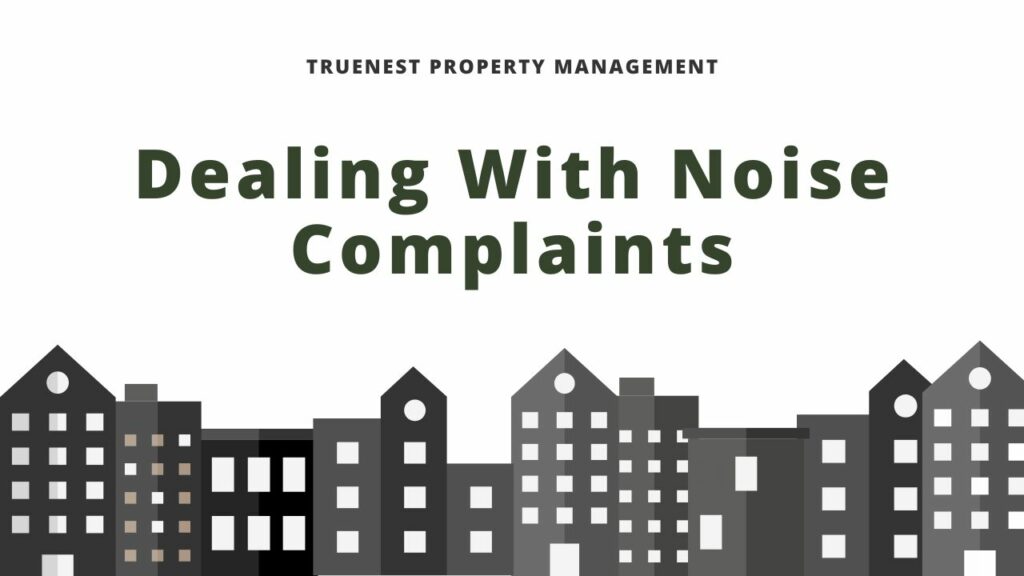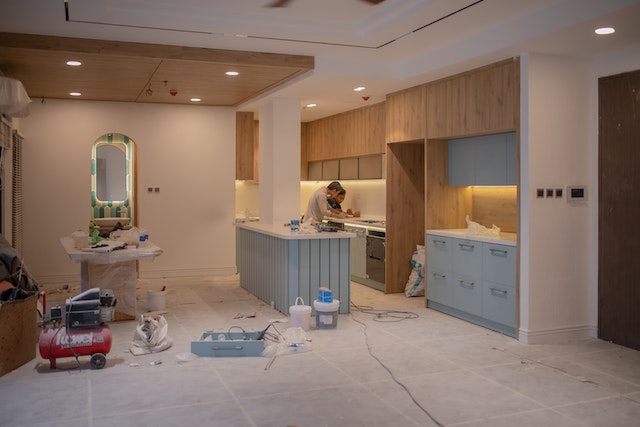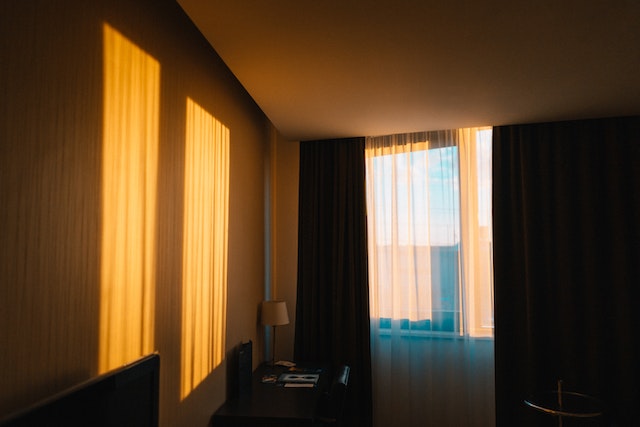Dealing With Noise Complaints

Although noise complaints are common, they can be tricky to handle. That’s why it’s important to know how to respond to them in an effective and appropriate manner.
In this article, we’ll explore some of the most common noise complaints tenants may have. We’ll also discuss ways to prevent and respond to these kinds of complaints.
Types of Disruptive Noise
Noise complaints may cause disruption, legal implications, and even safety concerns. It’s important to know how to assess and respond to these complaints in an effective and appropriate manner.
Some of the most common noise complaints tenants may have are:
1. Loud music: Music can be extremely disruptive to tenants when the volume is too high. It can interfere with sleep and work, and contribute to neighborhood disturbances.
2. Barking dogs: Barking can be a real nuisance to tenants and their neighbors. It can be disruptive during the day and night, making it difficult to concentrate or get a good night’s sleep.
3. Loud parties: Parties are often a source of noise complaints. This can be a real problem for those trying to sleep or study. It can also cause tension between tenants and their neighbors. In some cases, tenants may be asked to pay fines for excessive noise.
4. Construction noise: Construction noise, such as banging and drilling sounds, may resonate through walls and floors, which can be very disruptive to tenants, especially when it occurs during off-hours.

5. Slamming doors: Slamming doors can be a nuisance to tenants, especially if renters are located close together and the noise travels through walls or floors.
6. Car alarms: Car alarms can be extremely disruptive if they go off in the middle of the night, as they may echo through the building.
7. Footsteps: Footsteps can be disruptive in apartment buildings and multi-family homes, especially when tenants live on the upper floors and you can hear the noise throughout the building.
While it isn’t possible to prohibit all noise in an urban setting, there are steps you can take to mitigate noise complaints.
What to Do When a Tenant Complains about Noise
If a tenant complains about noise, it’s important to take it seriously and follow the appropriate steps.
1. Acknowledge the Complaint
It’s important to acknowledge the tenant’s complaint and thank them for bringing it to your attention. Let the tenant know that you take the complaint seriously and are committed to resolving it.
2. Investigate the Source of the Noise
The next step is to investigate the source of the noise. Talk to the tenant and any other individuals involved to get a better understanding of what is happening. Ask when the noise occurs, how long it lasts, and what it sounds like.

3. Act to Resolve the Noise Complaint
Once you have determined the source of the noise, you can take action to resolve the complaint. This may include talking to the people responsible for the noise. If it’s an ongoing issue, you may need to take further action, such as filing a formal noise complaint with the local authorities.
4. Document the Complaint and Resolution
Keep records of the noise complaint, including the date and time incident. Documenting it will help you track any progress and provide evidence if the problem persists.
If the issue continues after filing a complaint, you may need to hire a noise consultant or consult with an attorney to negotiate a resolution.
5. Follow Up with Tenants
Finally, it’s important to follow up with the tenants involved to make sure the noise issue has been resolved. Ask them if the noise levels have been reduced and if any further action is needed.
Investments to Mitigate Noise Complaints
There are several preventive measures you can take to reduce noise complaints. Here are some of them:
1. Invest in soundproofing: Adding insulation or soundproofing materials to walls, floors, and ceilings can help reduce the amount of noise that passes through them.
2. Install soundproof windows: Installing windows that are specifically designed to reduce noise can be effective in cutting down outside noise.
3. Buy noise-canceling curtains: Curtains that are designed to absorb sound can keep noise from entering a room.

These are all good renovations to help reduce noise in your home. However, they won’t necessarily stop noise complaints altogether, nor stop the situation from escalating. It can be difficult to decide whether you should proceed legally. Here are some tips that might help you.
When to Take Legal Action
You can take legal action if the problem persists even after repeated warnings. It’s important to know when to take legal action; it should only be taken as a last resort, when you believe nothing else can solve the problem.
A good way to resolve complaints from tenants is to hire a reliable property management company. At TrueNest Property Management, we strive to provide you with the highest quality services.
Our team of experienced professionals will work with you to create a customized plan that fits your needs. We will also help mediate any disputes or conflicts between tenants and neighbors.
Summary
Having unresolved noise complaints can hamper your rental business. It may lead to disputes or higher vacancy rates. To avoid such issues, you should try to take preventive measures, such as conducting thorough tenant screening. Responding appropriately to complaints will help you retain current renters and attract long-term tenants.
The team of experienced professionals at TrueNest Property Management can help you prevent and manage these kinds of complaints. Contact us today to learn more about our services!
